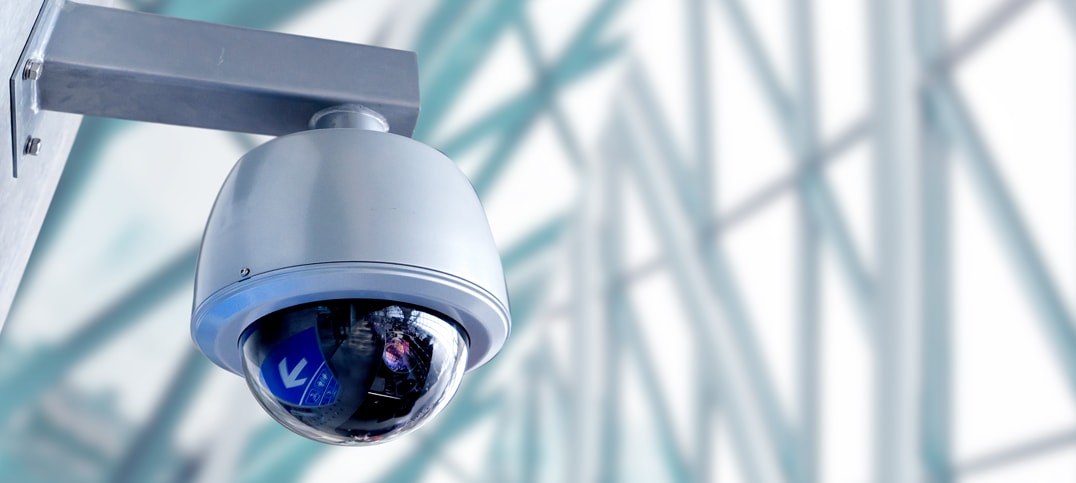Analogue vs. IP Cameras: What Should I Choose?
 December 30, 2018 Blog 0 Comment
December 30, 2018 Blog 0 Comment Are you planning to open a new business? If you are, before anything else, we would like to wish you the best of luck. When it comes to opening any business, allocating your starting capital will no doubt be the most difficult part. It is very important to balance your spending across all aspects of your business depending on what it needs and what you want out of it. However, a lot of businesses, especially smaller ones, tend to pinch quite a few more pennies on one particular aspect: security. If you ask us, this is an absolute no-no; if you are even slightly interested in keeping your business – and, in turn, your investment – protected, you have to set aside some of your budget towards a good surveillance system. Of course, this doesn’t mean you have to shell out a very large amount of money towards the latest surveillance systems that come with all of the bells and whistles; there are a lot of camera systems available out there that won’t break the bank.
But how do I choose which one is right for me? If you’ve done a bit of looking around you will find the words “analog” (or “analogue”) and “IP” (or “digital”) beside the name of a certain camera. What do they mean, and which one should I pick? In this article we’ll give you the rundown on the two types of security cameras, their pros and cons, and our two cents on the matter.
First, let’s start with analogue cameras. You may have already seen these cameras installed in very old surveillance systems – particularly the ones that record all of their footage on VHS tapes. Although these sorts of systems do still exist, they are not the analogue cameras you see today. In fact, all modern “analogue” security camera systems are actually partly digital due to the fact that it uses a DVR (Digital Video Recorder) box to record and store the analogue video signal of the camera.
In most cases, however, we would definitely recommend that you get an IP camera system instead. Analogue systems do have their benefits, sure – they are often cheaper and simpler to set up – but IP camera systems offer a lot more features that, in this day and age, you will no doubt find quite useful. For one, IP camera systems record much better footage in a wider range of conditions. In comparison, analogue cameras tend to have lower frame rates and resolutions, meaning that their recordings do not have as much detail and could not catch up with very fast movements. The digital sensors on IP cameras, meanwhile, can record high resolution video at high frame rates (with some models recording at 1080p and 60fps); IP cameras only have one cable (the power cable) that needs to be plugged in, unlike the power and video cables of analogue cameras; and IP cameras relay their footage over the Internet, which opens these systems up to several features like video recording on a PC and viewing of the footage on phones, tablets, or other devices that can connect to the camera’s IP address over the Internet.
Security should be something business owners should never compromise; at the very least, getting a good surveillance system that fits your budget will help you deter thieves and secure your bottom line.
